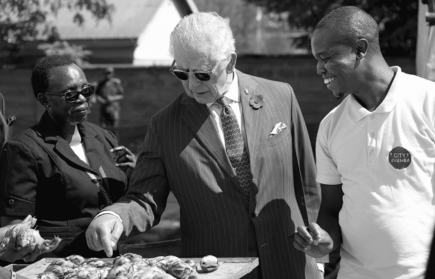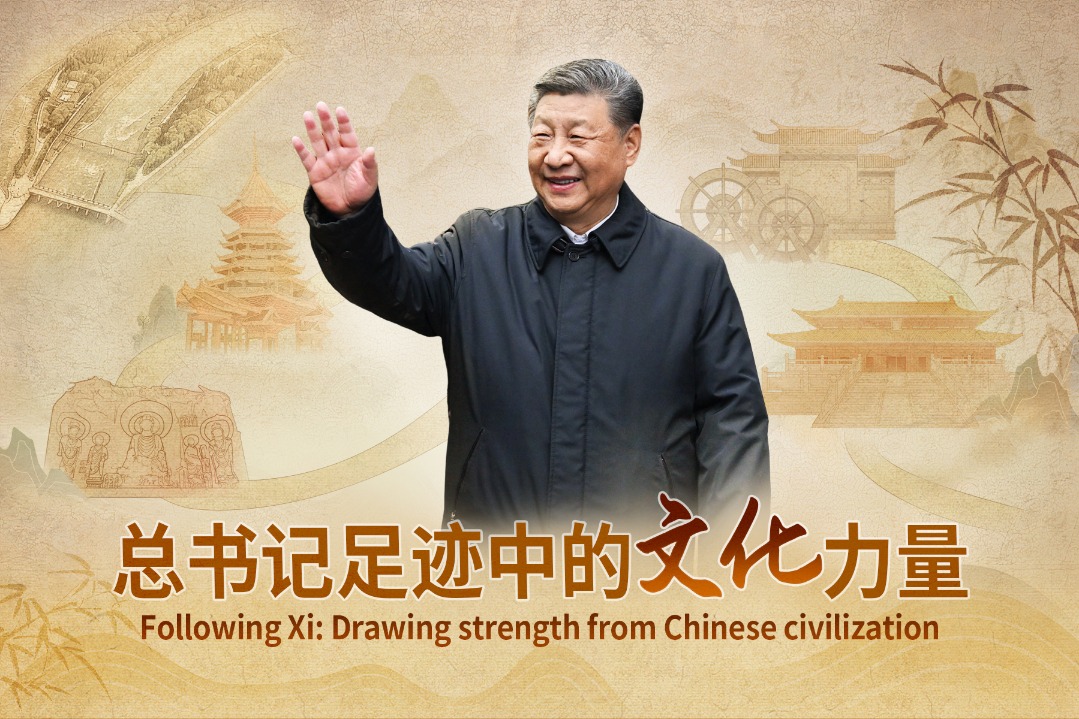Britain's king stops short of apology for 'past wrongs'

Britain's King Charles III on Tuesday expressed his greatest sorrow and deepest regret for carnages suffered by Kenyans during their struggle for independence from British colonial rule but stopped short of offering an outright apology.
King Charles III and Queen Camilla landed in Kenya's capital Nairobi late on Monday ahead of a four-day state visit. The king's first visit as monarch to a Commonwealth nation was preceded by calls from activists and human rights groups to have colonial and historical injustices committed by the British addressed.
"There were abhorrent and unjustifiable acts of violence committed against Kenyans as they waged a painful struggle for independence and sovereignty, and for that, there can be no excuse," Charles III said at a state banquet organized by Kenya's President William Ruto.
Ruto welcomed the king's willingness to shed light on uncomfortable truths that reside in the darker regions of Kenya and Britain's history.
"The colonial reaction to African struggles for sovereignty, and self-rule was monstrous in its cruelty. While there have been efforts to atone for the death, injury, and suffering inflicted on Africans by the colonial government, much remains to be done in order to achieve full reparations," Ruto said.
The Kenya National Commission on Human Rights on Sunday released a statement demanding that the king meet with all the groups of victims of gross human rights violations perpetrated by the colonial regime and British multinationals in Kenya. The commission also called for a full and unconditional apology with a commitment to effective reparations to victims and their families.
"We call upon the king on behalf of the British government to issue an unconditional and unequivocal public apology for the brutal and inhuman treatment inflicted on Kenyan citizens during the entire colonial period and thereafter. Such an apology is a critical step in acknowledging the pain and suffering of Kenyans," the statement said.
After an official reception at Kenya's State House, the king toured a new museum dedicated to Kenya's history and laid a wreath at the Tomb of the Unknown Warrior at Uhuru Gardens.
According to the Kenya National Commission on Human Rights, 90,000 Kenyans were killed or maimed and 160,000 detained after Britain declared a state of emergency between 1952 and 1960 in response to Kenya's Mau Mau guerrilla campaign against European settlers.

Today's Top News
- Poll findings indicate Taiwan people's 'strong dissatisfaction' with DPP authorities
- Xi emphasizes strong start for 15th Five-Year Plan period
- PLA drills a stern warning to 'Taiwan independence' separatist forces, external interference: spokesperson
- Xi, Putin exchange New Year greetings
- ROK leader's visit to help boost bilateral ties
- China's new plan, world's new opportunities






























